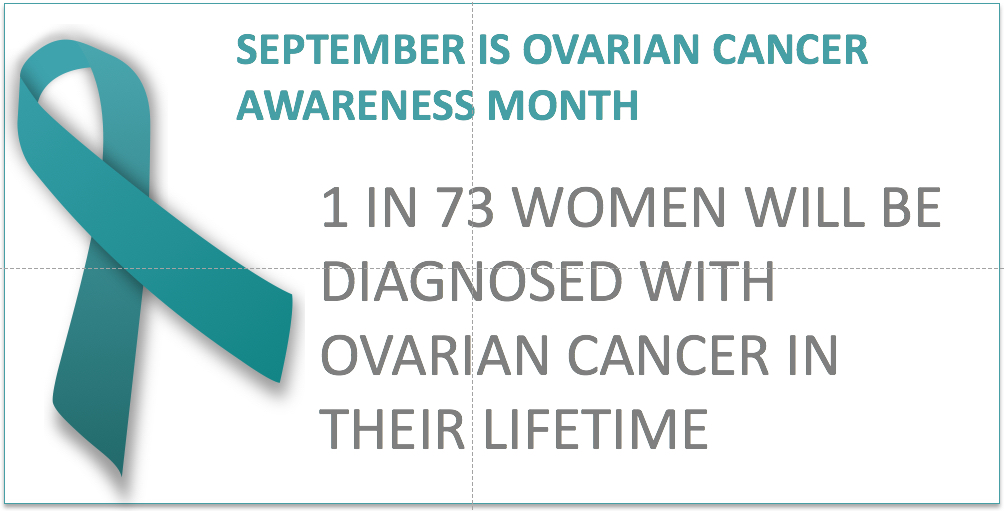 iStockphoto/Thinkstock
iStockphoto/Thinkstock
We’ve been hearing a lot about what scientists are learning concerning genes. They don't just give you your eye color or make you tall or short.
They can also predispose you to an illness -- like breast or ovarian cancer. It's a scary thought that you could have a genetic time bomb ticking inside you.
The good news is that genes -- at least the key ones we know about right now -- are responsible for these cancers only about 10 percent of the time.
But that begs the question: How do you know if you are genetically at risk?
Knowing your risk can lead to early detection or even preventive measures.
A look at your family history is the first place to start.
Did a family member develop one of these cancers? Did more than one of them develop cancer?
If so, that's important to discuss with your doctor. A next step could be seeing a genetic counselor and, possibly, to have a genetic test that looks for the BRCA1 and BRCA2 genes, the "bad guys," in this case.
If the test comes back positive you can be monitored carefully. Some women who had already developed breast cancer have chosen to have their ovaries and breasts removed.
They did not want to live with the worry. That is an aggressive approach, but understandable.
Again, having the breast or ovarian cancer gene is unlikely. But it is more likely in some groups such as in Jewish women of Eastern European decent.
Recently, I interviewed a gynecologic oncologist, Dr. Kathryn McGonigle, from Seattle, who specializes in helping women with these genetic predispositions.
We also talked with her patient, Jane Berkman, who feels genetic testing saved her life.
You can listen to or download the podcast, “Genetic Testing for Breast and Ovarian Cancer Risk” from Patient Power at this link: http://www.patientpower.info/program/genetic-testing-for-breast-and-ovarian-cancer-risk/
No doubt more genetic "bad guys" will be discovered and there will be more tests that look for them to try to keep healthy people healthy. It's an evolving field.
But in the meantime, if these cancers have affected other women who are close to you in your family, I encourage you to discuss this with your doctor. It could be a lifesaving discussion for you.
********************
About the author: Andrew Schorr is a medical journalist, cancer survivor and founder of Patient Power, a one-of-a-kind company bringing in-depth information to patients with cancer and chronic illness. Audio and video programs, plus transcripts, help patients make informed decisions to support their health in partnership with their medical team.
Patient Power is at www.PatientPower.info/ and on Facebook, YouTube and Twitter. Schorr is also the author of “The Web Savvy Patient: An Insider's Guide to Navigating the Internet When Facing Medical Crisis" found at www.websavvypatient.com/
Resources:
Interview with Kathryn McGonigle, MD, gynecologic oncologist, Northwest Hospital, Seattle, Wash. posted online 5/3/12 on Patient Power at
http://www.patientpower.info/program/genetic-testing-for-breast-and-ovarian-cancer-risk
Interview with Jane Berkman, ovarian cancer and breast cancer patient, Seattle, Wash., posted online 5/3/12 on Patient Power at
http://www.patientpower.info/program/genetic-testing-for-breast-and-ovarian-cancer-risk
BRCA1 and BRCA2: Cancer Risk and Genetic Testing Fact Sheet, National Cancer Institute, Accessed online 8/15/12 at
http://www.cancer.gov/cancertopics/factsheet/Risk/BRCA
Why Take a Breast Cancer / Ovarian Cancer Risk Assessment Test? BRACAnalysis.
Accessed online 8/15/12 at
http://www.bracnow.com/considering-testing/why-take-a-breast-ovarian-cancer-risk-test.php
Reviewed August 16, 2012
by Michele Blacksberg RN
Edited by Jody Smith





Add a CommentComments
There are no comments yet. Be the first one and get the conversation started!